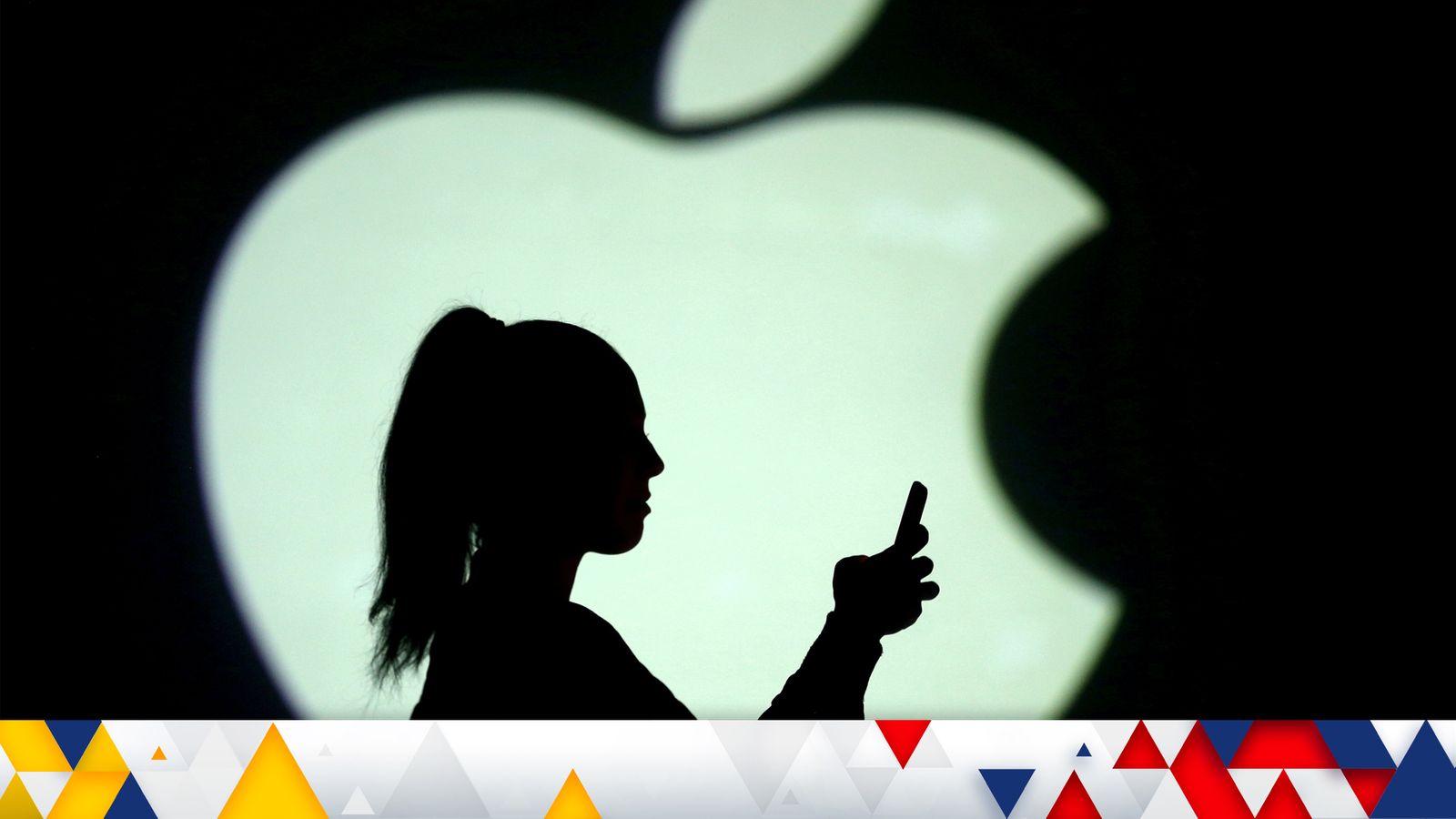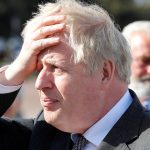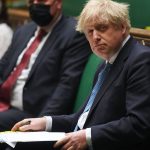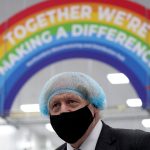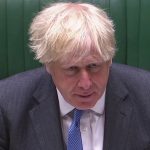The response to Russia’s invasion of Ukraine has been swift and crushing.
Companies, governments, and individuals have imposed sanctions, and cut ties with the country, in a way that has surprised many veteran observers.
Few expected, for example, countries to unite in banning Russia from the SWIFT digital-messaging system that is used by financial institutions around the world.
But for average Russians, it may take months before they truly feel the full weight of the economic sanctions, or the trickle down effect of oil giants like Shell and BP exiting joint ventures.
The most immediate thing they are likely to experience is the disappearance of consumer companies.
Brands, eager to not be seen sitting on the fence, have united to denounce the country and suspend their services in Russia until further notice.
Here, we have summarised some of the largest companies that have pulled out of Russia this week:
Microsoft to suspend all sales and services in Russia
Ukraine invasion: Facebook and Instagram to block RT and Sputnik in the UK following government request
Ukraine invasion: Attention turns to McDonald’s and cryptocurrency exchanges, yet to take a stand against Russia
Microsoft said it was “horrified” by the situation in Ukraine, and would suspend all new sales of its products and services in Russia.
Apple halted product sales and restricted Apple Pay Russia, disabled Apple Maps in Ukraine, and removed Russian state media outlets from its App Store.
Dell has suspended product sales.
Electronic Arts, which makes hit games such as FIFA 22 and Battlefield, has stopped selling content, games, and virtual currency in Russia and Belarus.
Sainsbury’s said it would remove all products that are 100% sourced from Russia, including Russian Standard vodka.
Mango, which employs 800 people in Russia, said it would temporarily close its stores and its online platform.
Ikea has closed its 17 stores in Russia, which is the Swedish company’s 10th largest retail market, and has paused sourcing materials from Russia and Belarus.
H&M, the world’s second-largest clothing retailer, has paused all of its sales in Russia, and has also temporarily closed all its Ukraine branches due to safety concerns.
Burberry has stopped sending products to Russia, but its two flagship stores there remain open for now.
Hermes has temporarily closed its stores in Russia, the first luxury goods giant to do so.
Nike has stopped taking online orders for Russian customers as processing payments becomes more difficult with the imposition of sanctions, but its stores remain open.
Netflix has temporarily halted all future film and television projects and acquisitions in Russia, and has defied calls from the government to add state news channels to its service.
Airbnb has suspended all operations in Russia and Belarus, hitting Russia’s 90,000 active short-term rentals on the service.
Spotify has “indefinitely” closed its Russian offices and removed state-backed media content from its platform.
Mercedes-Benz Group has halted the sale of cars and vans in Russia.
Harley-Davidson has paused the shipment of motorcycles oto Russia, saying its thoughts are on the “safety of the people of Ukraine.”
BMW has stopped the export of cars to Russia and said it would stop production on the ground there.
Airbus pledged to cease its support for Russia’s aviation industry, where it maintains aircraft used by the country’s main commercial airlines.
Boeing has said it will suspend parts, maintenance and technical support to Russia.
Some of the largest brands yet to stop doing business in the country include McDonald’s, Coca-Cola, and Pepsi.
